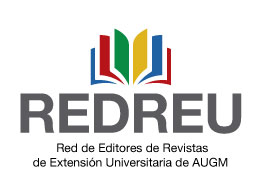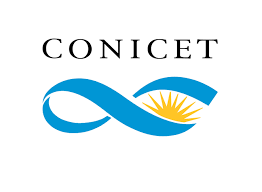Indigenous peoples, communities and organizations: meetings and articulations from and in the university extension
Abstract
If we propose to elucidate the encounters and articulations between extensionist practices and indigenous peoples, communities and organizations, we must assume certain demands and conditions that such a task demands of us. It is first of all a matter of inscribing this elucidation in a relationship that overflows and exceeds the specific links and relationships between communities and Indigenous peoples and the university. In this line of work, we need to broaden our view of the socio-historical world in which these links and relationships are developed, taking into account the social imaginaries that give meaning to, sustain and reproduce these links, as well as their material conditions of existence.
In this sense, we can affirm that the historical relationship between indigenous peoples and the modern/colonial societal project is marked by the structural asymmetry that is evident in the annihilation and extermination of the former in pursuit of the expansion of the latter. In a precipitous manner and with rhythms never seen before, in the context of capitalism
We can even affirm that it has intensified in the form that geographer David Harvey called accumulation by dispossession, which translates into the sustained advance over the last territories in which these peoples and communities have been confined. Nevertheless, and although it may be paradoxical, the Argentine State, in the midst of the neoliberal boom and with the constitutional reform of 1994, recognizes some specific rights of indigenous peoples (Article 75, paragraph 17) and proclaims itself a multicultural State, while at the same time assuming "the obligation to repair the damage caused to the original peoples. This state-level process, which we have just described, makes sense and should be understood in the context of global processes, such as the 1989 ILO Convention and the subsequent 2007 UN Declaration on the Rights of Indigenous Peoples.
Downloads
Downloads
Published
Issue
Section
License
Copyright (c) 2020 César Marchesino

This work is licensed under a Creative Commons Attribution-NonCommercial-ShareAlike 4.0 International License.













